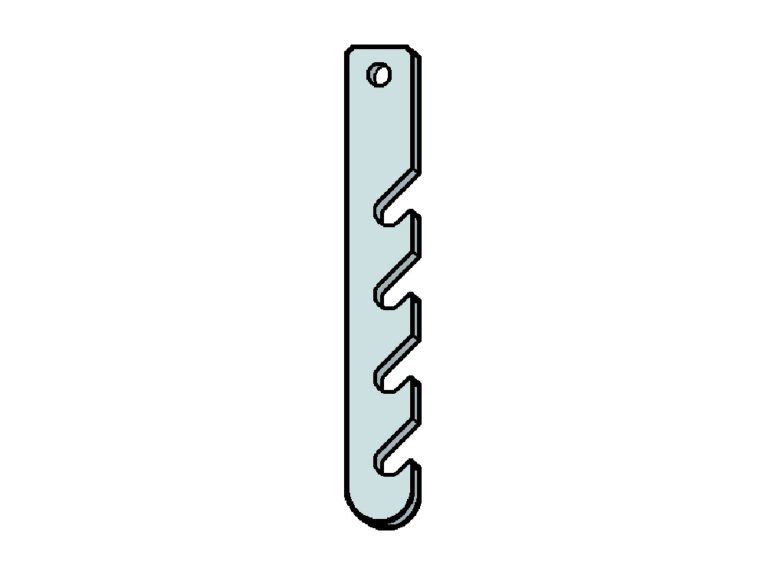ne explétif vs ne littéraire
French learners often encounter the particle ne used in contexts where it does not indicate negation. This usage can be confusing, as it diverges from the more familiar negation structure ne…pas. Two forms of this non-negative ne are worth distinguishing: the ne explétif and the ne littéraire. Though both are considered stylistic or optional in many cases, they serve different functions and appear in distinct syntactic environments. Understanding the difference between the two can help learners interpret advanced texts and refine their own writing.
1. The Ne Explétif
Definition
The ne explétif is a stylistic particle that appears in subordinate clauses, especially after expressions of fear, doubt, prevention, or negation. It does not add any negative meaning to the sentence. Rather, it is often used for stylistic or formal emphasis and is considered optional in most modern usage.
Common contexts
The ne explétif frequently follows:
- Verbs or expressions of fear: craindre que, avoir peur que
- Expressions of doubt or denial: douter que, nier que
- Conjunctions like avant que, à moins que, sans que
Examples
- Verbs of fear
- Je crains qu’il ne vienne.
(I fear that he may come.)
Here, ne is explétif. The sentence does not mean “I fear that he will not come.”
- Je crains qu’il ne vienne.
- Conjunctions of time or condition
- Partons avant qu’il ne soit trop tard.
(Let us leave before it is too late.)
Again, ne adds no negation.
- Partons avant qu’il ne soit trop tard.
- Expressions of prevention or avoidance
- Empêchez qu’il ne parte.
(Prevent him from leaving.)
The meaning is positive, despite the presence of ne.
- Empêchez qu’il ne parte.
- After expressions like à moins que
- Je viendrai, à moins qu’il ne pleuve.
(I will come, unless it rains.)
- Je viendrai, à moins qu’il ne pleuve.
Important notes
- The ne explétif is never used after affirmative main clauses with penser que, croire que, or espérer que. For example:
- Je pense qu’il viendra. (No ne)
- Je ne pense pas qu’il vienne. (ne is not explétif here; it’s part of the negation.)
- In modern spoken French, the ne explétif is rarely used. However, it remains common in formal writing and literature.
2. The Ne Littéraire
Definition
The ne littéraire refers to the use of ne as the sole negation particle, omitting the usual counterpart such as pas, plus, or jamais. It is primarily found in literary or poetic language, and often creates a more elegant or archaic tone.
Examples
- Simple negation without pas
- Il ne dit mot.
(He says nothing.)
This is equivalent to Il ne dit pas un mot, but more literary.
- Il ne dit mot.
- Fixed expressions
- Qu’à cela ne tienne.
(No matter.)
A classic idiomatic expression with ne as sole negator.
- Qu’à cela ne tienne.
- Poetic or formal style
- Je ne puis vivre sans toi.
(I cannot live without you.)
In spoken French, one would typically say Je ne peux pas vivre sans toi.
- Je ne puis vivre sans toi.
- Use with verbs like cesser
- Il ne cesse de pleuvoir.
(It keeps raining.)
Although ne cesse de is not negative in meaning, the structure mimics that of negation. In some contexts, this blurs the line between ne littéraire and idiomatic phrasing.
- Il ne cesse de pleuvoir.
Important notes
- Unlike the ne explétif, the ne littéraire does carry negative meaning. It is simply a more concise or formal way of expressing it.
- Many literary uses of ne without pas correspond to full negative expressions in modern usage.
Summary: Ne Explétif vs. Ne Littéraire
| Feature | Ne Explétif | Ne Littéraire |
|---|---|---|
| Function | Stylistic, does not express negation | Expresses negation by itself |
| Typical use | After verbs of fear, doubt, or certain conjunctions | In formal or poetic style |
| Meaning | No impact on meaning | Carries a negative meaning |
| Common in spoken French? | No | No |
| Optional? | Yes | Often fixed or idiomatic |
| Examples | Je crains qu’il ne parte | Il ne dit mot, Je ne puis |






